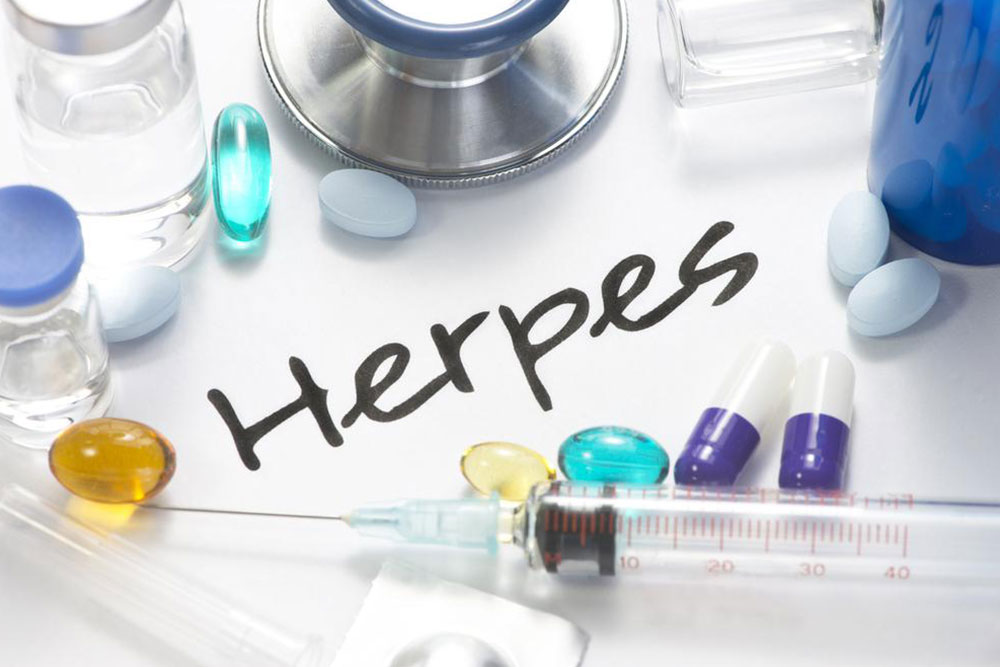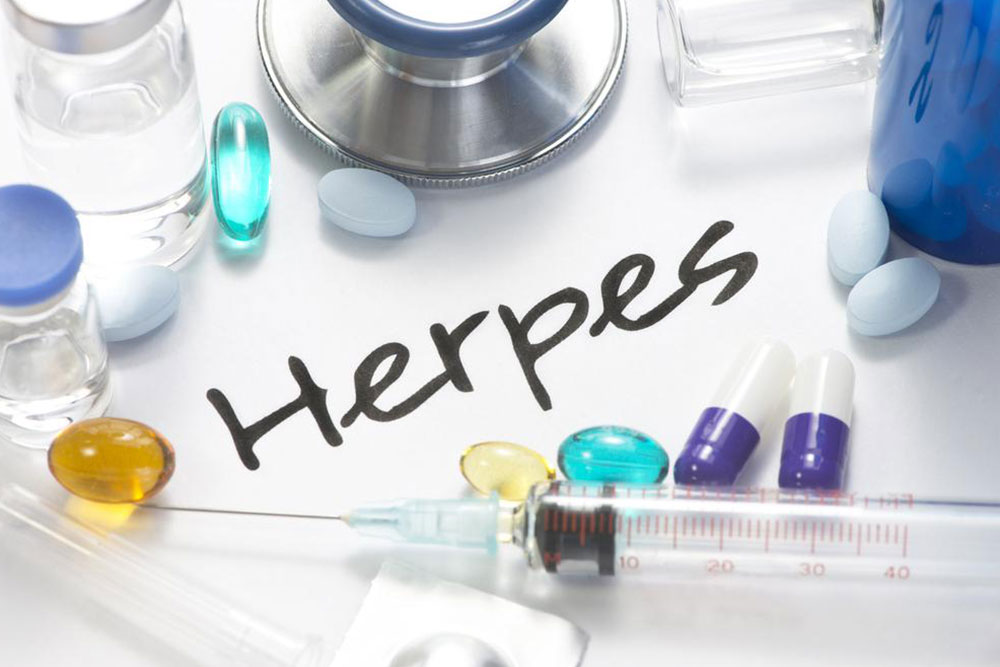Comprehensive Guide to Herpes: Causes, Transmission Routes, Prevention, and Treatment Strategies
Discover comprehensive information about herpes, including its causes, how it spreads, prevention tips, and management options. Learn how antivirals and lifestyle changes can help control the infection and reduce transmission risks. This detailed guide aims to empower individuals with knowledge for better health management and living confidently with herpes.

Comprehensive Guide to Herpes: Causes, Transmission Routes, Prevention, and Treatment Strategies
Herpes simplex virus (HSV) infection is one of the most common viral infections worldwide, affecting millions of people regardless of age, gender, or background. This comprehensive guide aims to provide an in-depth understanding of herpes, including its causes, how it spreads, ways to prevent infection, and current management strategies to control its symptoms and reduce transmission risk. Whether you suspect you may have herpes or simply want to learn more about this widespread condition, this article offers valuable information to help you navigate living with herpes and safeguarding your health.
Herpes is primarily caused by the herpes simplex virus, which exists mainly as two types: HSV-1 and HSV-2. HSV-1 is most commonly associated with oral herpes, often resulting in cold sores or fever blisters around the lips and mouth area. HSV-2, on the other hand, is typically responsible for genital herpes, affecting the genital and anal regions. However, both types can infect either area through various modes of transmission.
The transmission of herpes occurs through direct contact with an infected person's skin or mucous membranes, often during sexual activity. Saliva, genital secretions, or contact with active sores can transmit the virus even when no visible symptoms are present. This asymptomatic viral shedding makes herpes especially tricky, as individuals may unknowingly spread the infection. Additionally, herpes can be transmitted from mother to child during childbirth, which underscores the importance of proper medical management during pregnancy.
Many people infected with HSV remain asymptomatic, meaning they carry and can spread the virus without experiencing symptomatic outbreaks. When symptoms do occur, they can be intense and distressing, especially during the initial outbreak. Common symptoms include painful sores or blisters on or around the lips or genitals, tingling sensations, burning, and itching before lesions appear. The first outbreak tends to be more severe, with flu-like symptoms such as fever, muscle aches, and swollen lymph nodes in some cases.
While there is currently no cure for herpes, antiviral medications such as acyclovir, valacyclovir, and famciclovir are effective in managing outbreaks. These medications can reduce the severity and duration of symptoms, decrease the frequency of recurrences, and lower the chances of transmission to partners. Apart from medications, adopting certain lifestyle changes can help keep outbreaks under control. Managing stress, maintaining a healthy immune system, and avoiding known triggers are crucial components of herpes management.
Preventing herpes transmission involves consistent use of protection such as condoms and dental dams during sexual activity, especially when active sores are present. Avoiding sexual contact during outbreaks or when symptoms are prodromal (tingling or burning sensations) can significantly reduce the risk of spreading the virus. Regular screening and open communication with partners about herpes status are also vital steps in reducing transmission rates. For pregnant women with herpes, close monitoring and antiviral therapy can help minimize the risk of neonatal herpes.
Understanding herpes is essential not only for those directly affected but also for the general public to prevent stigma and misinformation. With proper medical care, lifestyle adjustments, and preventive measures, individuals with herpes can lead healthy and fulfilling lives. Education about how the virus spreads and the importance of safe practices plays a critical role in controlling the spread of herpes and protecting community health.





